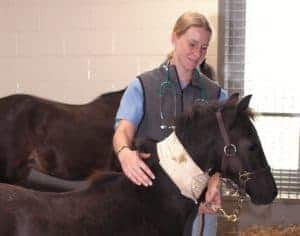
Build a Better Equine Practice: The Value of Veterinary Support Staff
How certified veterinary technicians and veterinary assistants improve equine practices.

How certified veterinary technicians and veterinary assistants improve equine practices.
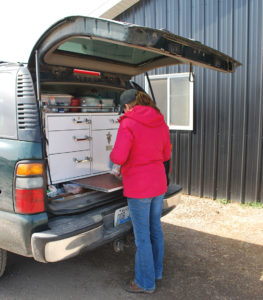
Veterinarians share how they improve sustainability and work-life balance in their practices and how you can implement these ideas in yours.
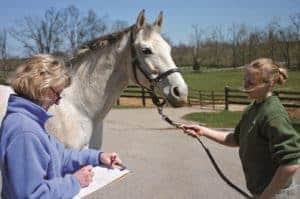
3 veterinarians share suggestions for improving your practice’s payment procedures.
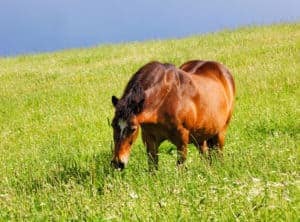
Researchers suggest high-protein diets might be harmful for horses with ID.
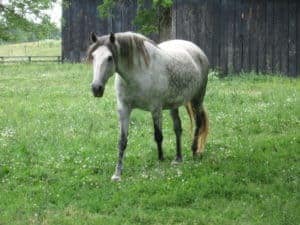
Veterinarians should consider medications for controlling hyperinsulinemia in horses only when diet and exercise prove insufficient.
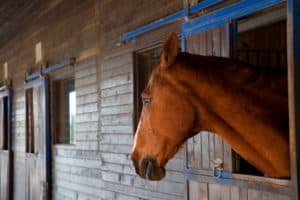
This new system might make testing sick horses’ blood glucose levels more efficient.
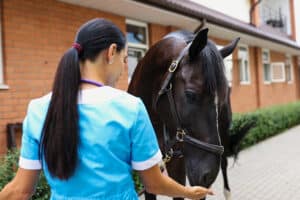
Diversity is vital to workplace satisfaction and improved patient care within the equine veterinary profession. Learn practical steps for improving practice diversity.

When mentoring equine veterinary students, veterinarians should combine hands-on learning methods and verbal explanations.

Many equine veterinarians experience moral distress at least once in their career. Learn why this happens and how you can cope.

Data show frequent use of this OA treatment over time could be harmful in horses.
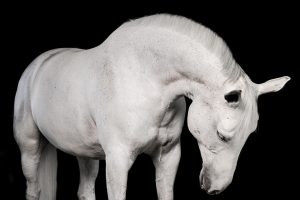
Veterinarians: Follow these 4 steps to maximize the success of injections in this region of the horse’s neck and minimize the risk of complications.
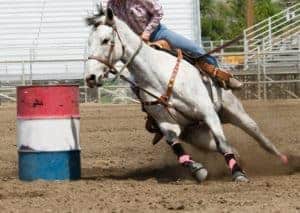
Researchers believe this treatment might be more effective for treating osteoarthritis in horses than traditional methods. Here’s why.
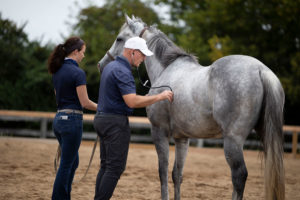
AAEP Convention keynote speaker Cassandra Worthy explains how you can skillfully adapt and use this proficiency to your advantage in equine practice.

The AAEP announced new board members and award winners and offered sessions about new models of sustainable equine practice at its annual convention.
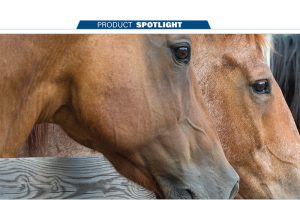
Download this free guide for information on the latest veterinary products and services on display at the AAEP Convention trade show.

When used properly, this injectable can be an effective substitute for traditional joint therapies for managing horses with osteoarthritis.
Stay on top of the most recent Horse Health news with
© 2022 Copyright Statement dolor sit amet, consetetur sadipscing User Terms, sed diam nonumy eirmod tempor invidunt ut labore et dolore magna aliquyam erat, sed diam voluptua. At vero eos et accusam et justo duo dolores et ea rebum. Stet clita kasd gubergren, no sea takimata sanctus est Lorem ipsum dolor sit amet.
"*" indicates required fields